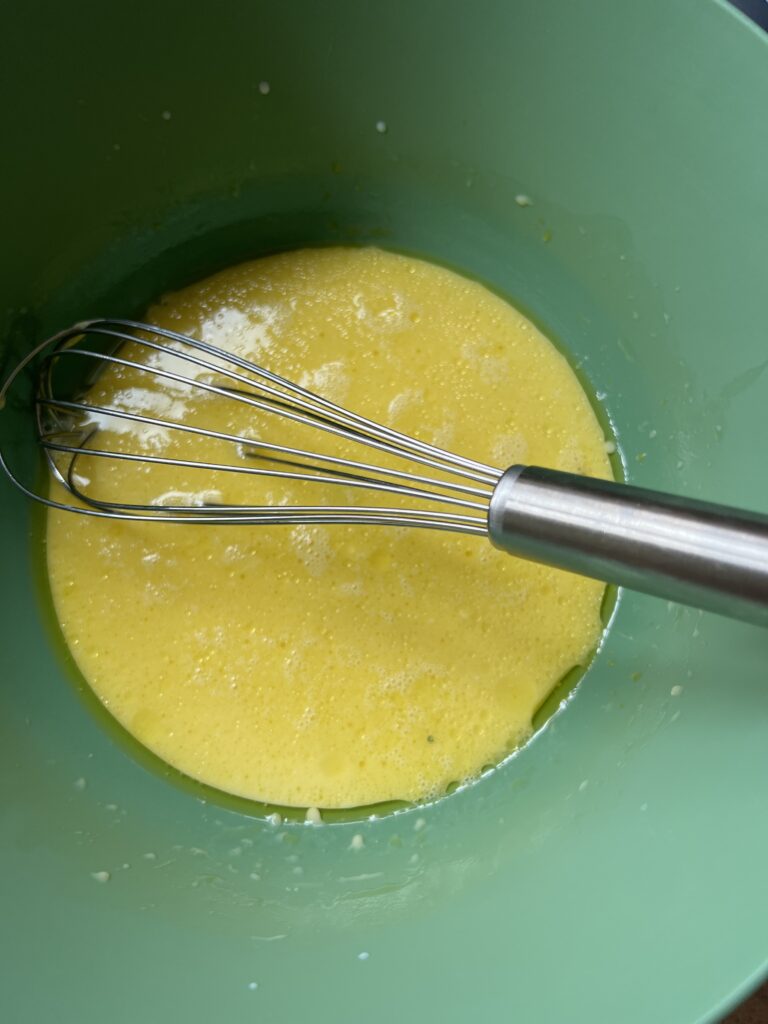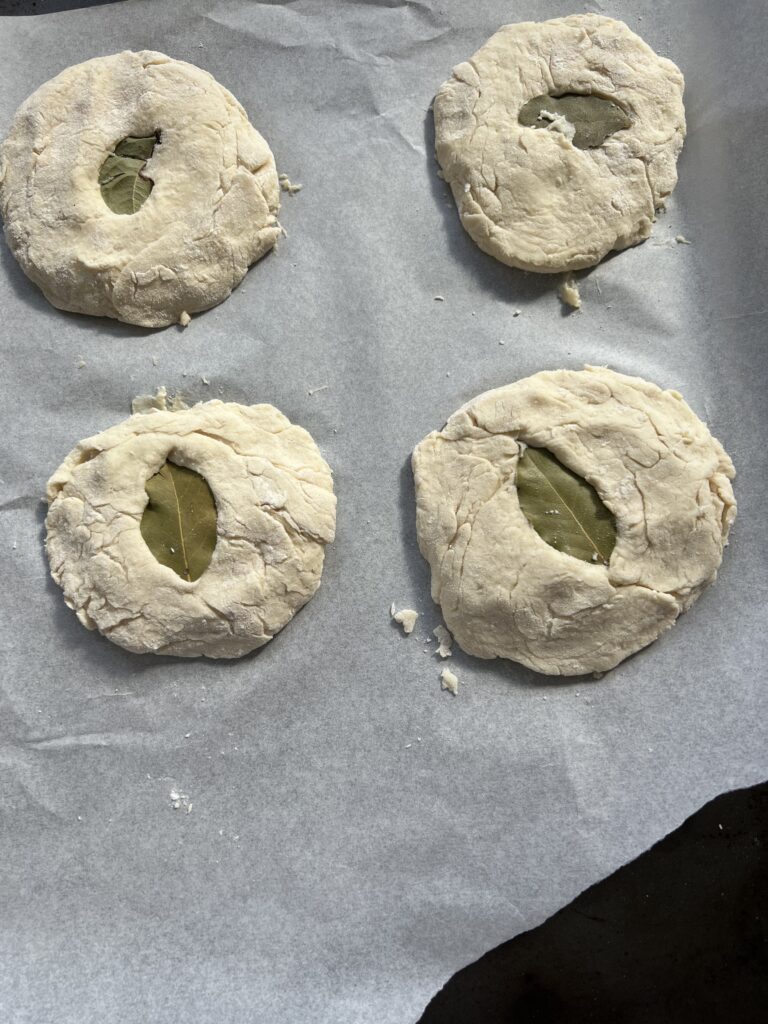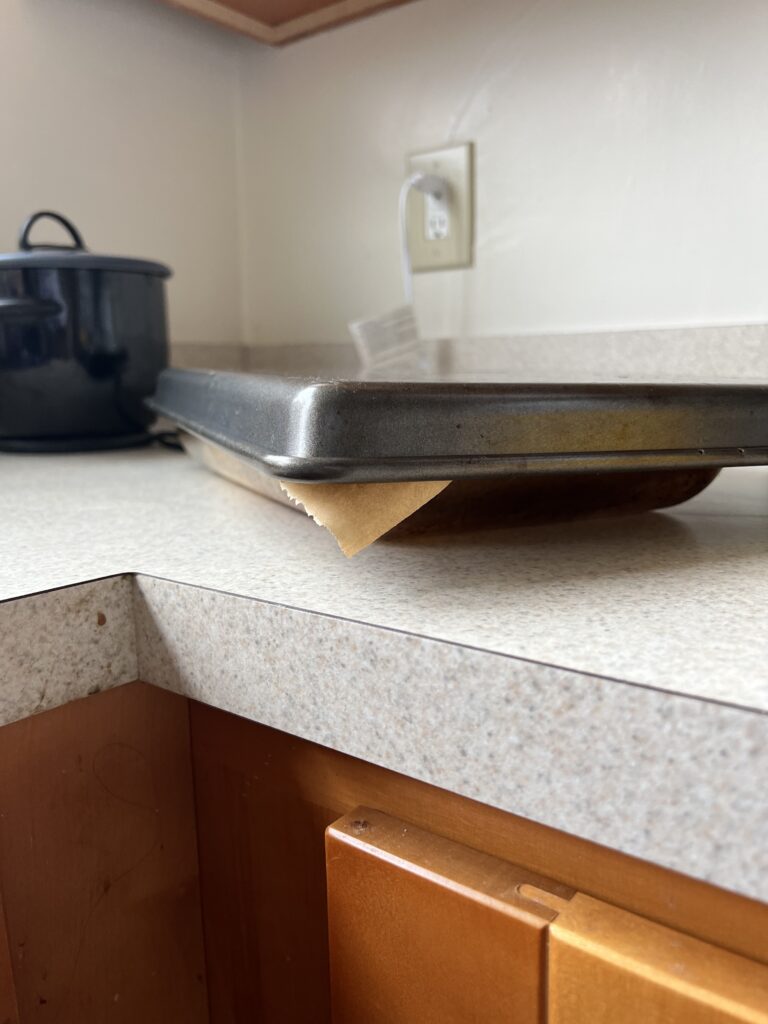Amicitia on TV!
This past week, I have watched the first couple of episodes of Season 1 of HBO’s Rome. The show begins with an insight into the relationship between Gnaeus Pompey Magnus and Gaius Julius Caesar. In the first episode, we are also introduced to Lucius Vorenus and Titus Pullo. We see Pullo disobey Vorenus and get publicly shamed, something that I believe we learned about in class as punishment. Caesar is depicted as winning the long war against the Gauls as his daughter, and Pompey’s wife dies during childbirth. Cato the Younger then pushes to strip Caesar of his powers, yet it is Pompey who comes to defend him, even though secretly, he too is worried by Caesar’s powers. We then see Vorenus dragging Pullo along on a mission to retrieve the Aquila, as he thinks it is bound to fail. Later in the first episode, I see another reminder of something from class, which is the idea of omens. After Octavian is rescued by Vorenus and Pullo, he says that the theft of the Aquila is actually a blessing for Caesar.
One thing I found interesting in the first couple of episodes is the idea of friendship, or amicitia. Friendship in the show, between Pompey and Caesar, and even Vorenus and Pullo to an extent, is shown to be complex and has many motivating factors, like that which we learned in class. Pompey talks about Caesar as his friend and defends him against Cato, yet it is a façade. He cannot actually jump the gun and reveal his true feelings fearing how this might end up affecting him. With Vorenus and Pullo, we see Pullo disrespect Vorenus and Vorenus consequently punishing Pullo, yet Vorenus frees him and brings him along for the rescue mission, showing that there is a sort of contract within the friendship. It was interesting how Caesar and Pompey were putting on an appearance of friendship, while both were secretly plotting to attack the other. Whoever breaks the friendship, however, might end up having less political sway because they are viewed as attacking first. This theme of appearance versus reality fits in line with exactly what we had learned in class and shows the intensely political nature of many of these relationships.








